China's growing influence in Europe's backyard
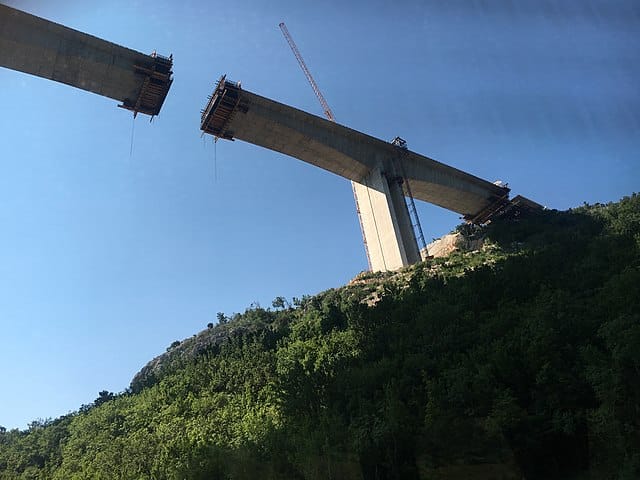
Photo: Construction of a bridge over the Morača Valley, Montenegro, as part of the Bar-Boljare highway - Wikimedia Commons China has been pushing for some time to become the new global superpower. The Belt and Road Inititave been part of this expansion drive. China is keen to expand its global footprint and [...]
'Political campaign development' training in Montenegro
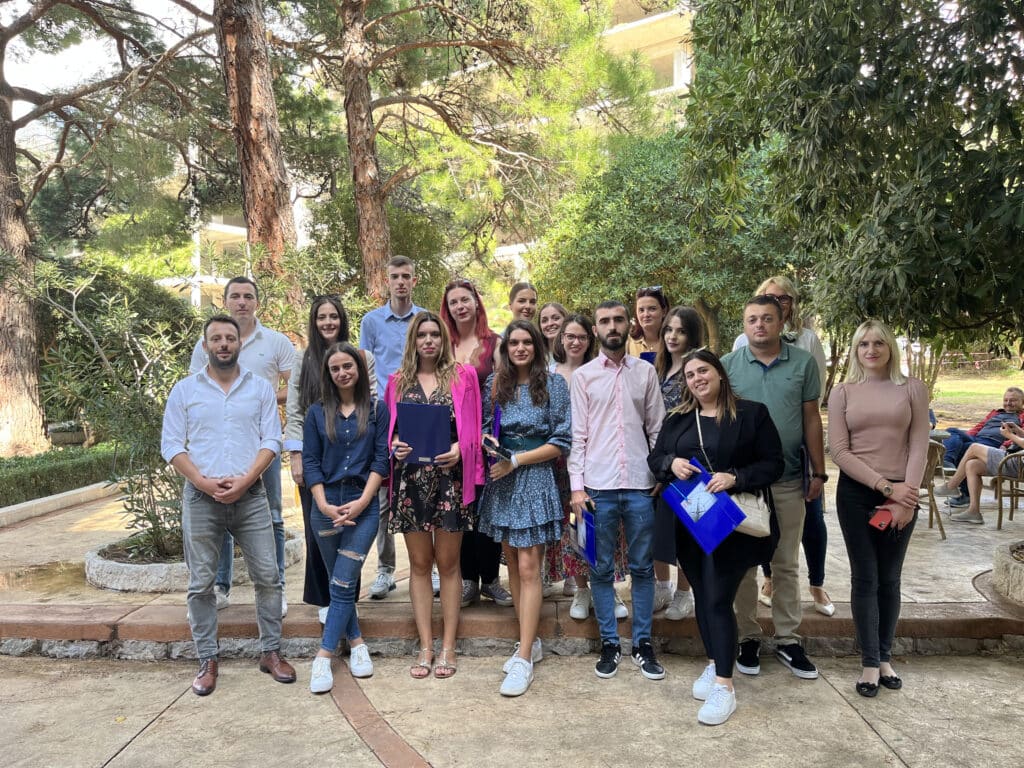
From 22 to 24 September and from 6 to 8 October, FMS, in cooperation with SDP Montenegro, organised two three-day trainings on "political campaign development". The trainings were aimed at members and supporters of the Social Democratic Party. The party is in dire straits and managed to win zero seats in the last parliamentary elections. SDP [...]
A concrete perspective is necessary for EU integration of the Western Balkans
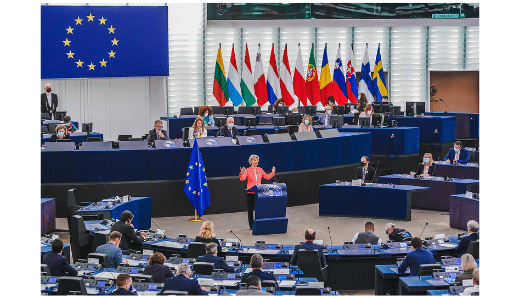
It has been almost 20 years since the EU met in Thessaloniki, Greece, in June 2003 to discuss the integration of the Western Balkans. This included a promise that Albania, Bosnia & Herzegovina, northern Macedonia, Serbia, Montenegro and Croatia would have a clear perspective towards EU membership. After two decades, only Croatia joined in 2013 - the other countries are still in the waiting room, leading to great frustration.
Djukanovic defeated after thrilling election battle
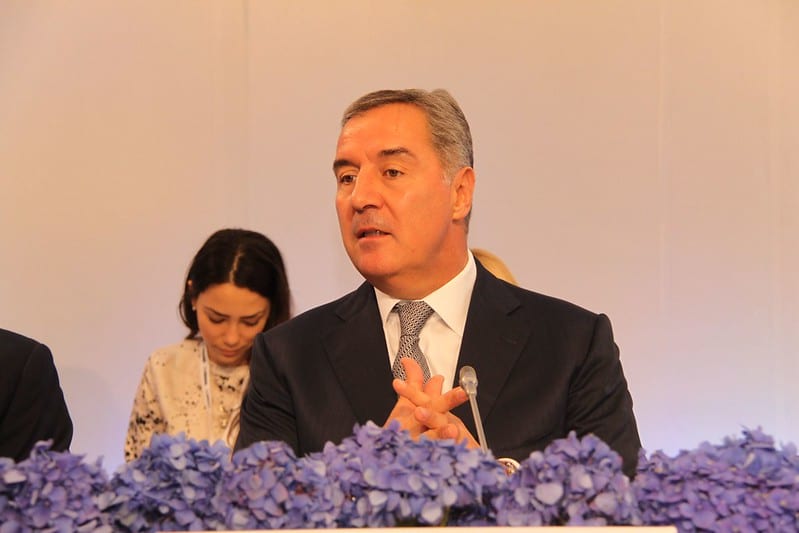
In Montenegro, voters went to the polls last Sunday. It was an exciting election day, as the opposition coalition 'For the Future of Montenegro' was neck-and-neck with the Democratic Party of Socialists (DPS), which has been in power for 30 years. For voters, it was a choice between this pro-European party in power and the pro-Serbian and Russian opposition coalition. 75.9% of registered voters cast their vote, the highest turnout Montenegro has ever had since the introduction of the current electoral system. There was confusion after the first exit polls, as the DPS and the opposition coalition said: that they had gained enough seats in parliament to form the next government. In the end, the opposition coalition along with other opposition parties turned out to have enough seats to form a new majority.
Quarantined democracy: the western Balkans
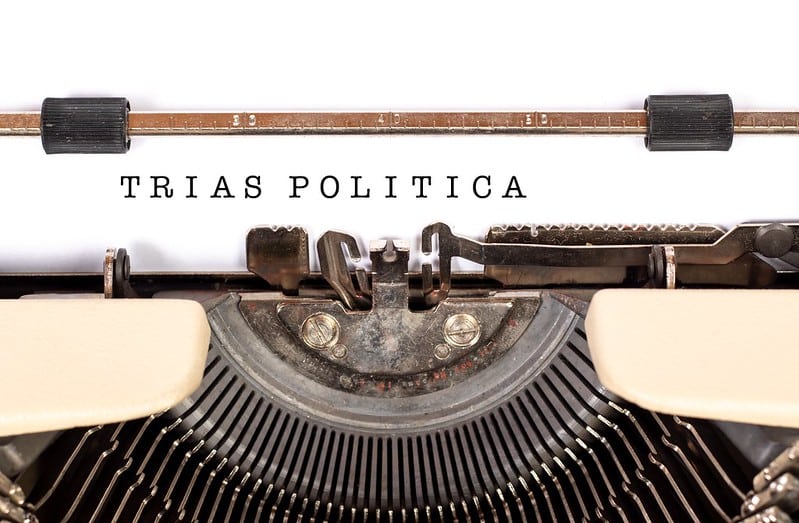
It seems that EU and its neighbours should not quarantine democracy for too long, as the Hungarian parliament passed the coronavirus law on 30 March. A controversial law designed to deal with the corona crisis. This law has no end date for the state of emergency. Prime Minister Orban received a blank check as a result. Based on this law, Orban gains a lot of power. Áll existing laws in Hungary can currently be temporarily set aside or ignored at his discretion. In addition, the Orban government can decide how long the state of emergency should remain in force. As a result, elections and referendums are not possible while the state of emergency continues. The 'Orban law' also poses a risk to journalists as they are accused of spreading 'fake news'. This puts freedom of expression at risk. Serbia and Montenegro also seem to be exploiting the corona crisis to curb media freedom. This poses a major problem for democratic rule of law and freedoms.
Public meeting: 'Young Generations for the New Western Balkans: Beyond Emigration'
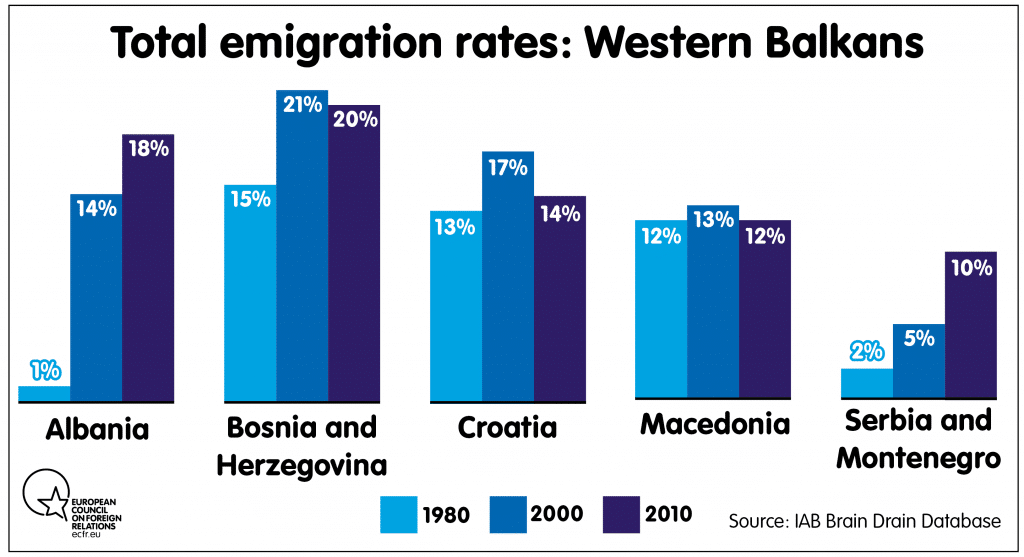
Recent research shows that between 25,000 - 40,000 people are annually leaving each of the Western Balkans countries. Not only young people, but increasingly the middle class as well. A group of young scientist from the region has engaged in a project 'New Horizons for the Young Generations in the Balkans' in order to discuss their visions how to overcome old- fashioned politics and nationalisms and the lack of perspective for younger generations. They will sketch alternative horizons and the look for alternatives for South-Eastern Europe's way beyond emigration. The Hague will be the first place in Europe after Vienna where the results of the mentioned initiative will be presented to the public.
Western Balkans expectations on eve of European summit
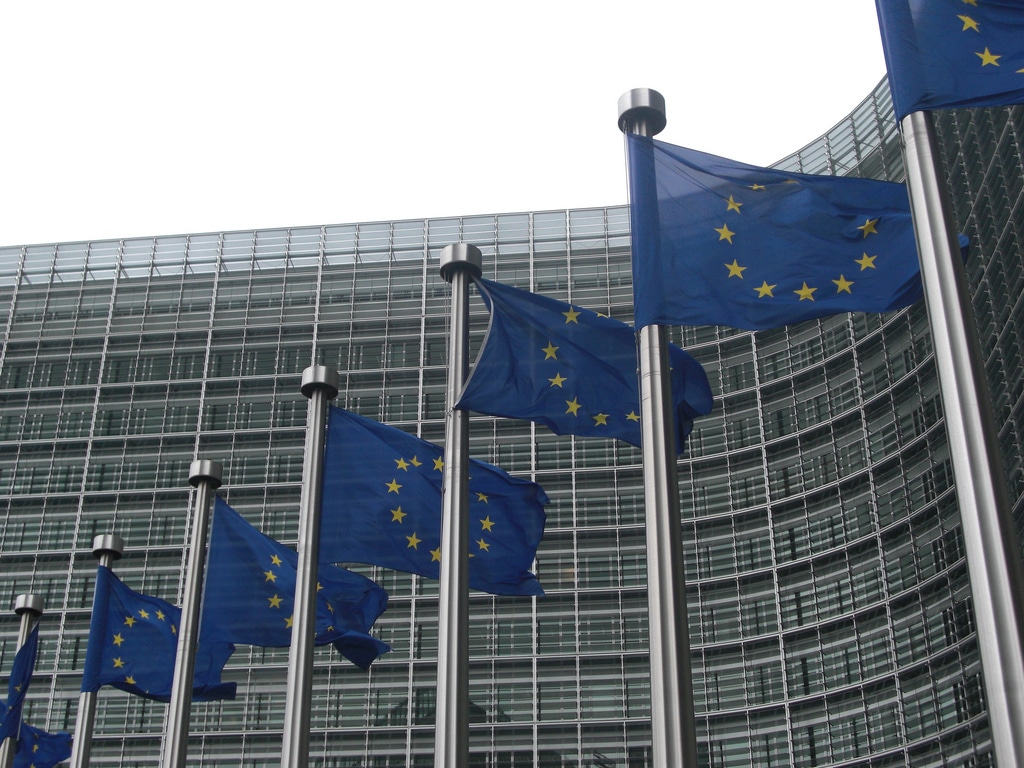
Will we ever be part of the European project? That is the question all Western Balkan leaders are asking as they prepare for the big summit. After French President Macron's statement, no enlargement until the EU itself puts its house in order, last month in Strasbourg, their dreams shattered.
In power since 1991: Djukanovic wins presidential election in Montenegro
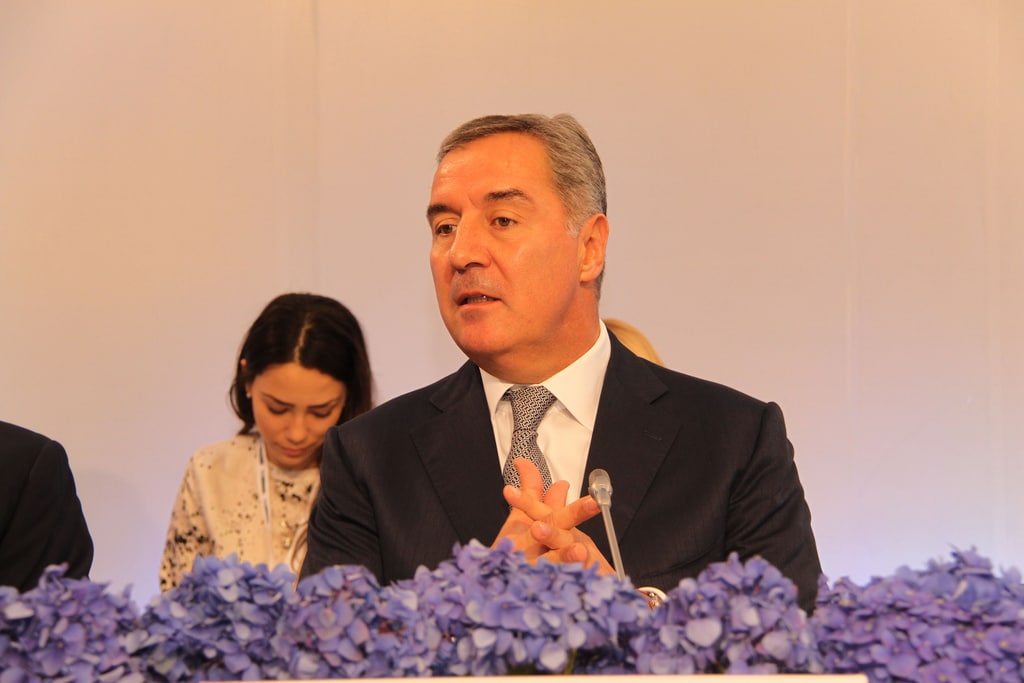
On 15 April, Milo Djukanovic (Democratic Party of Socialists, DPS) won the presidential election in EU candidate Montenegro. A generation of Montenegrins grew up with Djukanovic as leader: since 1991, he has been prime minister six times and now, for the second time, president. His long rule is not uncontroversial. He allegedly enriched himself during Western sanctions against the former Yugoslavia in the 1990s by working closely with organised crime. In 2002, for instance, the prosecutor in the Italian city of Naples issued an arrest warrant for Djukanovic's alleged role in cigarette smuggling. Despite the EU perspective - Montenegro is currently negotiating accession - the democratic transition is stalled by authoritarian leadership of one of the longest-serving leaders in Europe.
EU's New Enlargement Strategy: Change of Tone

On the 6th of February the European Commission presented its long awaited enlargement strategy for the Western Balkans. Since the State of the Union of European Commission President J.C. Juncker last year, there was a growing momentum for a clearer prospect for accession of Bosnia-Herzegovina, Serbia, Montenegro, Kosovo, Macedonia and Albania to the Union.

